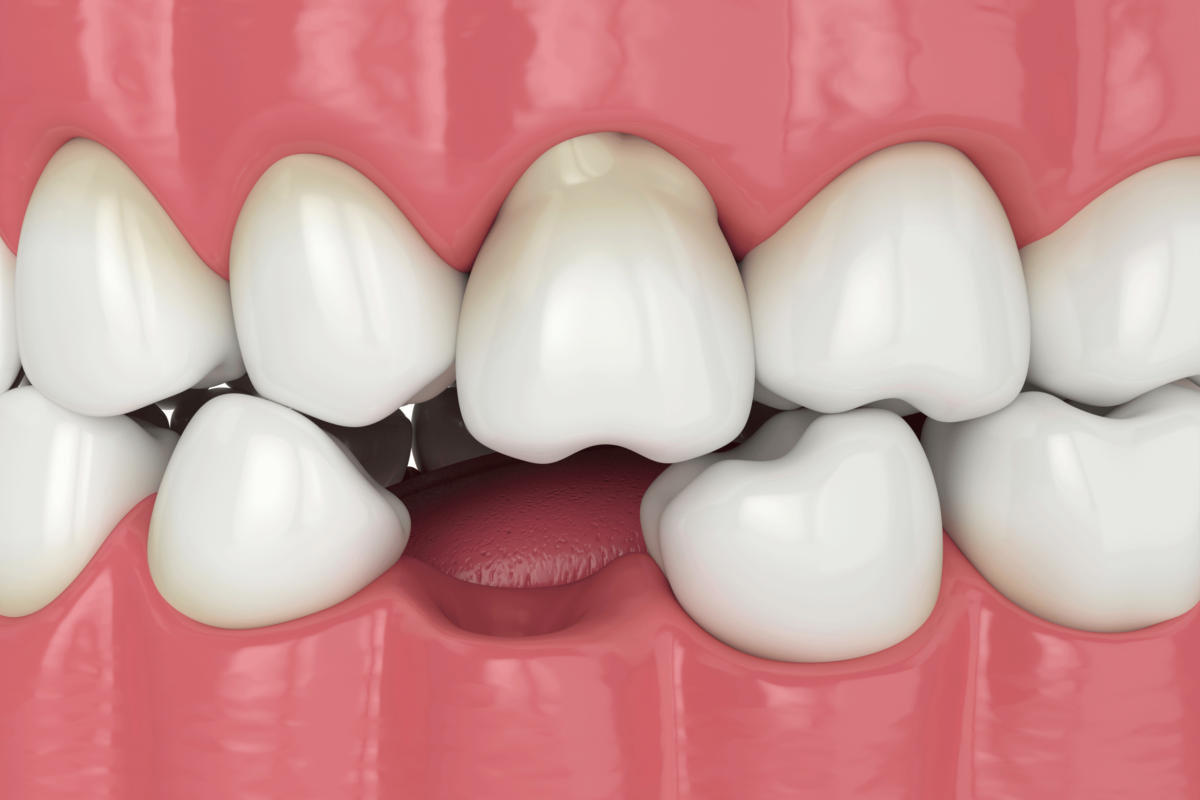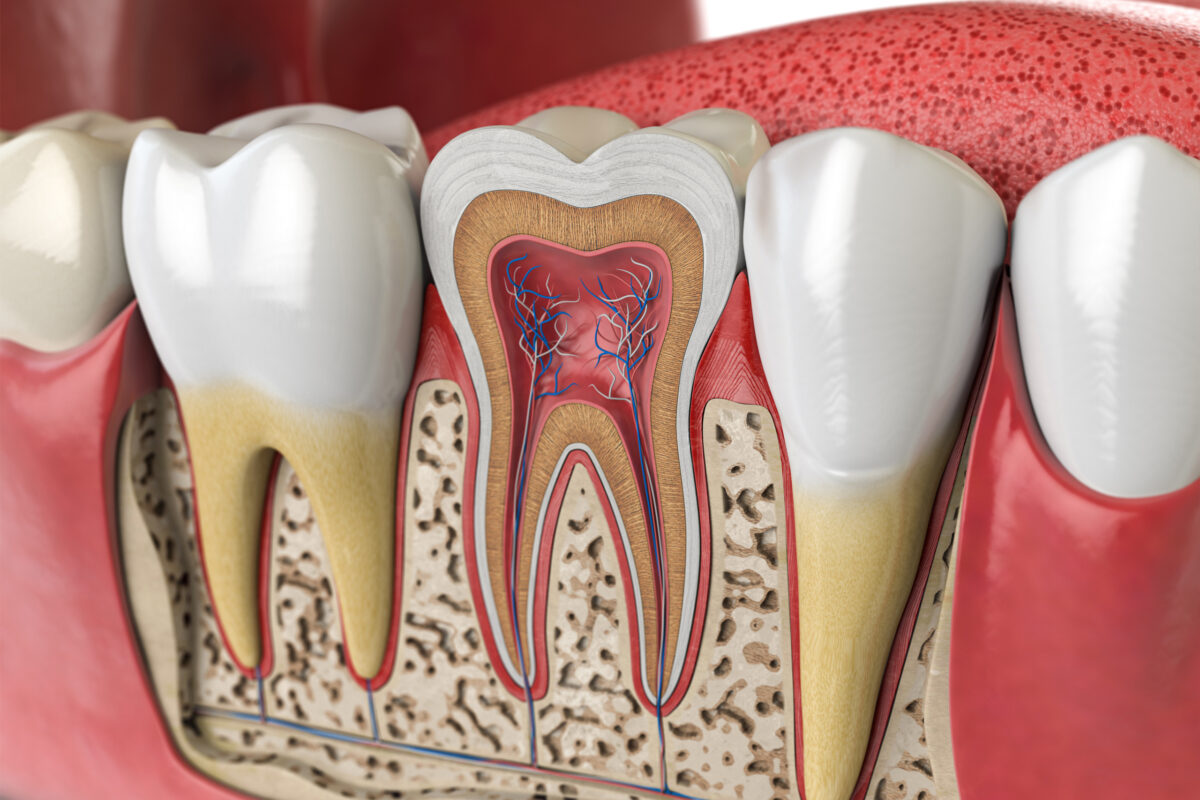Lowell, MA – Missing teeth can be a source of embarrassment, but it can also impede on your daily life. It can be difficult to eat and speak properly and can cause other dental issues. Luckily, there are so many options today to replace missing teeth. Ranging from dental implants to dentures, there is an … Continue reading Top Options for Replacing Missing Teeth
Lowell, MA – Root canals are important dental procedures that can save broken, infected, or severely decayed teeth and prevent further damage. The procedure involves removing a damaged nerve (dental pulp) from within the root of a tooth and thoroughly cleaning and sealing off the space left behind. Root canals can preserve a natural tooth … Continue reading How Much Does a Root Canal Cost in Lowell, MA?
If you’ve broken or chipped a tooth, it is important to repair it in a timely manner. But what are your options?


